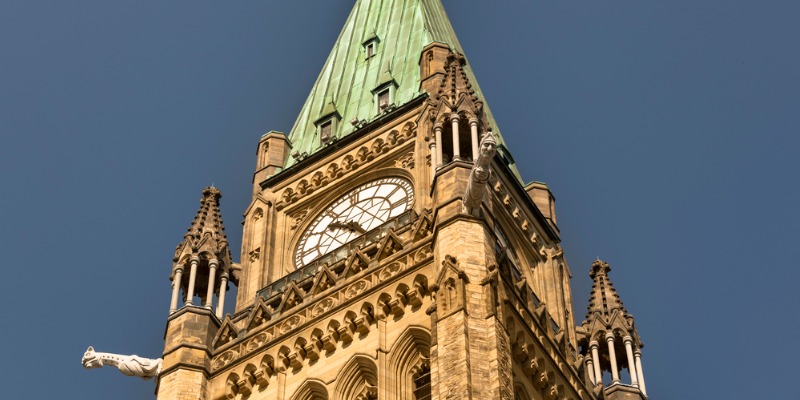Trudeau government should cut strings on Ottawa’s ‘re-opening’ support

The Trudeau government plans to provide $14 billion in financial support for provincial governments across the country. However, late last week, the CBC reported a phone call between the prime minister and provincial first ministers got “testy” when Trudeau said there would be strings attached to the money, and that it would be earmarked for specific measures related to re-opening the economy.
Quebec Premier Francois Legault almost certainly spoke for all provincial leaders when he pushed back against the idea. “We don’t want any conditions,” Legault said.
In Alberta particularly, where relations between the provincial and federal government have not always been smooth, the notion of conditional grant payments during such a difficult time could ignite intergovernmental strife.
So what to do? In this relatively small (by historical standards) dustup over fiscal federalism, the provinces have the better side of the argument.
A small one-time emergency payment from Ottawa to cash-strapped provinces may be a good idea given the unique challenges they face today and because Ottawa can borrow money at lower interest rates than the provinces. Attaching strings, however, is a bad idea for three reasons.
The first reason is obvious—provincial governments have local knowledge of their problems, which the federal government simply can’t have for jurisdictions all across the country. There are unique circumstances and challenges from place to place.
As such, it makes more sense to allow Premier Ford’s government to decide how to spend money in Ontario, Premier Legault’s in Quebec and Premier Kenney’s in Alberta, than Prime Minister Trudeau’s government in Ottawa.
A second reason is that attaching conditions to financial assistance to the provinces will blur accountability—basically, whether the money is being spent prudently and effectively. From a democratic accountability perspective, it’s better for things to be crystal clear about who’s responsible for decisions surrounding expenditures.
Indeed, forced earmarks and conditional funding from Ottawa make it harder for citizens to know who to hold accountable if money is not spent wisely. Far better for the provincial governments to decide for themselves how the extra money is used—and then be held responsible for those decisions—than to allow micromanagement from Ottawa.
Finally, the federal government’s decision to help the provinces with the cost of re-opening could strengthen national unity, but it’s unlikely to have that effect if Ottawa is unwilling to trust the provinces to spend the money wisely.
It’s unfortunate that things have already become “testy” between the provinces and the federal government. Cutting the strings and trusting the provinces to make use of their local knowledge could defuse any tension.
Once the COVID/recession crisis is over, it would be worthwhile to review the overall performance of Canada’s intergovernmental fiscal programs to assess their performance under pressure, then and consider any necessary reforms. In the short term, however, if the Trudeau government is going to send money to the provinces to help them reopen, it should cut any strings and let the provinces decide for themselves how best to use the money to serve their residents.
Author:
Subscribe to the Fraser Institute
Get the latest news from the Fraser Institute on the latest research studies, news and events.

